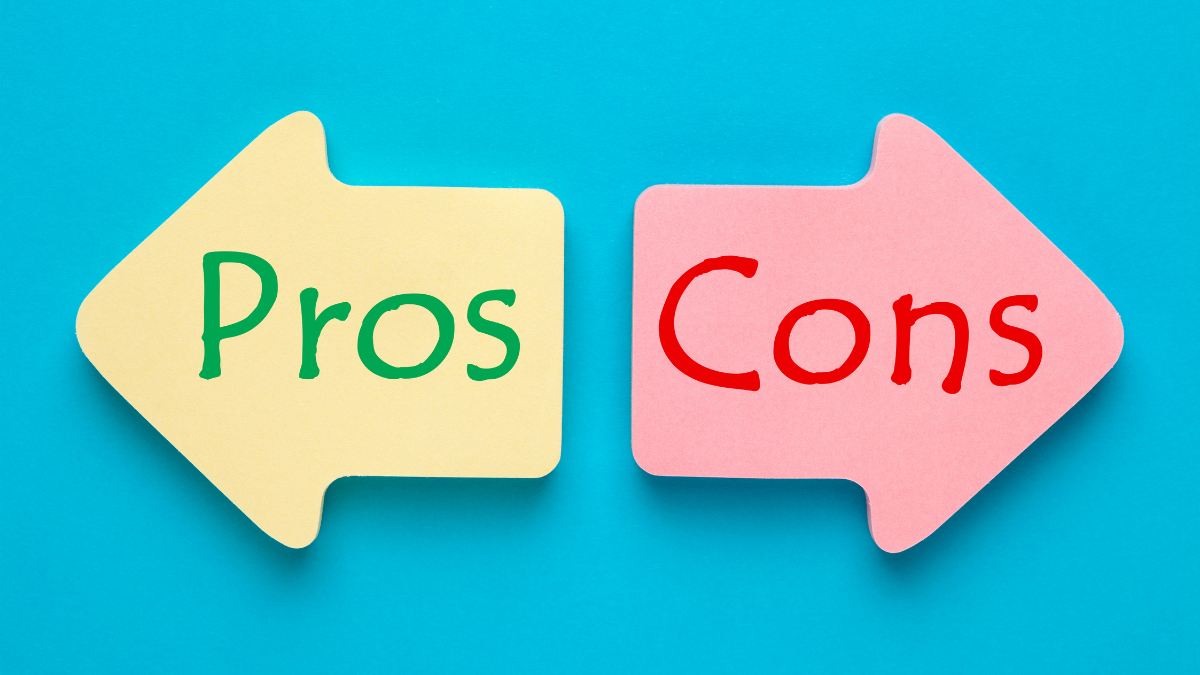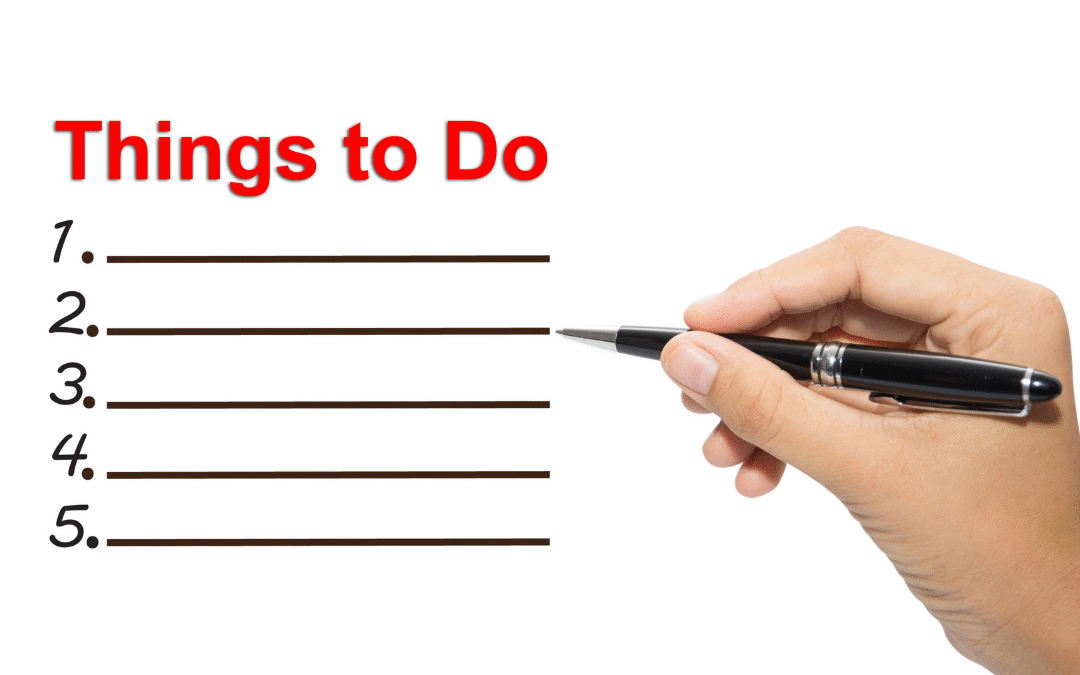It’s a big decision for any writer to consider whether to seek a literary agent. As I navigated my own writing journey, I faced the question of whether having an agent would boost my chances of getting published. In this post, I’ll share some of the pros and cons of working with a literary agent, so you can weigh your options and decide what’s best for your unique goals and circumstances. Let’s dive in together!
Key Takeaways:
- Having a literary agent can provide valuable industry connections and increase the chances of securing a publishing deal.
- Writers may need to weigh the costs of agent commissions against the potential benefits, as agents typically take a percentage of book sales.
- Self-representation is an option for some authors, allowing greater control over their work, but it often requires a more extensive understanding of the publishing process.
The Allure of Representation: Benefits of Having a Literary Agent
Securing a literary agent can significantly enhance your writing career. Agents bring invaluable industry knowledge, insider connections, and a strategic mindset, allowing you to focus on your craft while they handle the business side of publishing. With their expertise, you gain access to more publishing opportunities and the kind of guidance that can turn your manuscript into a bestseller.
Enhanced Publishing Opportunities
One of the primary benefits of having a literary agent is their ability to open doors to prestigious publishing houses. An agent’s established connections within the industry can lead to high-stakes deals that you might not be able to achieve on your own. They know which publishers are looking for what, ensuring your manuscript lands in the hands of the right editors.
Navigating Contract Negotiations
Navigating the complexities of publishing contracts can be daunting for a writer without representation. Literary agents have extensive experience in negotiating contract terms, ensuring you receive fair compensation and retain your creative rights. They can interpret intricate legal language, advocate for your best interests, and help you understand what you’re signing.
When considering contracts, agents serve as your shield against unfavorable terms. They know industry standards and can negotiate royalties, advances, rights, and obligations, often securing better deals than a writer might on their own. For instance, while a beginner author might accept a 5% royalty rate without question, an experienced agent could negotiate up to 15% or more, vastly impacting your earnings over the lifespan of your book. This expertise not only protects your financial interests but also sets a professional tone for your publishing journey.
The Agent Dilemma: Reasons You Might Pass
Choosing whether to enlist a literary agent can be a tough decision. You might weigh the pros and cons and ultimately decide that passing on representation is the better path for you. Perhaps you value complete creative control, or you’ve found success in self-publishing and prefer to continue along that avenue. Additionally, the prospect of pitching to agents can feel daunting, especially if you’re more comfortable engaging directly with readers. Those factors can lead to a strong case for going solo.
Self-Publishing: The New Frontier
With the rise of platforms like Amazon Kindle Direct Publishing, many writers are breaking free from traditional publishing limitations. Self-publishing allows for complete creative freedom and a higher percentage of royalties. I’ve seen authors find greater success by connecting directly with their audience, unveiling a fresh frontier for those willing to navigate the tools and resources available.
The Financial Commitment
Working with a literary agent isn’t free. Often, agents take a commission of 15-20% on the earnings from your book sales. For new writers, this can feel burdensome, especially when revenue is still low. If you’re hesitant about sharing your profits or want to invest that commission in marketing or editing, the financial commitment can be a significant reason to forgo seeking representation altogether.
The financial aspect goes beyond just commissions. There are also costs associated with publishing, marketing, and potential expenses for agent fees, should you decide to pay upfront for their services. These factors can add up quickly, in some cases totaling thousands of dollars. Factor in your potential earnings, and it’s easy to see why self-publishing might seem like a more favorable option. The math boils down to managing your budget wisely while still pursuing your writing dreams.
The Agent-Author Relationship: Trust and Collaboration
Building a strong partnership with your literary agent relies on mutual trust and open collaboration. This relationship often extends beyond the initial book deal; your agent will be instrumental in navigating the publishing world, pitching your work, and advocating for your interests. Establishing this bond can lead to productive discussions about your writing career, future projects, and overall branding. When both parties feel secure in their roles, the synergy can elevate your work and help secure the best opportunities in the industry.
Importance of Chemistry and Communication
Finding the right chemistry with your literary agent makes all the difference in your professional relationship. Open communication fosters transparency, ensuring that both you and your agent are on the same page regarding goals and priorities. I appreciate when my agent shares feedback, listens to my thoughts, and understands my vision. This closeness allows us to tackle challenges together and celebrate successes along the way.
Signs of a Good Literary Agent
Identifying a good literary agent involves recognizing their dedication and expertise. A strong agent should have a solid understanding of the market, a longstanding network in the publishing industry, and a track record of successful book deals. They should be responsive to your inquiries and provide constructive feedback on your writing. Furthermore, a good agent will advocate fiercely for your rights and interests, ensuring you get the best possible outcomes in all negotiations.
A good literary agent not only displays passion for your work but also possesses a keen insight into what makes a manuscript sell. Their ability to articulate your book’s unique selling points to editors is a key sign. If they have a diverse list of successful clients and can share positive relationships with editors at major publishing houses, you’re likely looking at someone with a strong reputation in the field. Moreover, consider how your agent discusses your writing; if they engage with your ideas and offer strategic advice on your career trajectory, you’re probably on the right path.
Is There a Middle Ground? Alternatives to Traditional Agents
Exploring alternatives to traditional literary agents can open up new avenues for authors. Options like self-publishing, independent publishers, or collaborative arrangements can provide more control over your work, while still giving you access to industry resources and support.
Hybrid Publishing Models
Hybrid publishing blends the best of both worlds. In this model, you can partner with a publisher who offers some level of support—like editing, marketing, and distribution—while retaining more creative control and a greater share of profits than you would with traditional publishing routes.
Utilizing Writing Communities and Networking
Your local writing community can be an invaluable resource. Engaging with fellow writers can offer not only support and feedback but also connections to professionals in the industry. Networking at writing events, workshops, and online forums can lead to insightful discussions, sharing experiences, and opportunities that would be difficult to find on your own.
Building relationships with other writers can significantly impact your journey. For instance, I discovered using social media platforms like Twitter allowed me to connect with established authors and industry professionals who shared their insights and experiences. Additionally, joining local writers’ groups provided a supportive atmosphere where we exchanged critiques and celebrated each other’s successes. These connections often lead to valuable referrals or collaborations, proving that a strong network can be just as beneficial, if not more so, than traditional representation. Do not forget, sharing journeys and strategies with fellow writers can illuminate paths you may never have considered.
Deciding Your Path: Weighing the Pros and Cons
In considering whether to pursue a literary agent, it’s imperative to evaluate both sides of the equation. This decision isn’t straightforward, and understanding the advantages and disadvantages can help. Below is a breakdown of the pros and cons I found valuable in my journey.
Pros and Cons
| Pros | Cons |
|---|---|
| Access to industry connections | Potential loss of creative control |
| Expertise in manuscript development | Commission fees can be high |
| Better chances of getting published | Time-consuming searching for the right agent |
| Support with contract negotiations | Possibility of rejection |
| Enhanced visibility in the market | Limited personal representation |
A Personal Self-Assessment Tool
Taking stock of your strengths and weaknesses as a writer can guide you toward the right decision. Reflect on your previous writing experiences, how you handle criticism, and whether you’re comfortable networking within the industry. This self-assessment can help you determine if your writing style aligns better with traditional publishing or if you would thrive in a self-publishing environment.
Industry Trends and Insights
Keeping abreast of current market trends can significantly impact your decision about whether to seek a literary agent. The emergence of digital platforms and the growing popularity of self-publishing may make it appear that agents are less necessary today. However, traditional publishing still holds value in terms of distribution and credibility, which cannot be overlooked.
In recent years, many self-publishing authors have successfully transitioned to traditional publishing, demonstrating a hybrid approach can be effective. Industry experts have noted a rise in hybrid authors—those who publish both traditionally and independently—suggesting flexibility in your strategy can broaden your reach. Furthermore, reports from publishing conferences indicate that while the number of literary agents has expanded, so has competition, making it vital to network and foster relationships to attract the right support for your book. An awareness of these trends will keep you informed as you decide your publishing path.
Summing up
From above, I’ve explored the pros and cons of having a literary agent. While they can open doors to publishers and provide valuable industry expertise, it’s also true that you may lose some control over your work and share a portion of your earnings. Ultimately, whether you need an agent depends on your goals and comfort level with navigating the publishing landscape on your own. I encourage you to weigh these factors and decide what feels right for your writing journey.
Q: What are the main advantages of having a literary agent?
A: One of the primary benefits of having a literary agent is their industry expertise. They understand the publishing landscape and can guide authors through the complexities of contract negotiations, ensuring that they receive fair deals. Additionally, agents often have established relationships with publishers, which can increase the chances of a manuscript being considered seriously. They can also help with shaping a manuscript to enhance its marketability and might provide feedback that can refine the author’s work. Overall, having an agent can alleviate some burdens of the publishing process, allowing authors to focus on their writing.
Q: Are there any drawbacks to working with a literary agent?
A: Yes, there are some potential downsides to consider. One notable drawback is that agents typically take a commission, usually around 15%, from any advances or royalties an author earns. This can reduce the overall income for authors, especially if their book does not sell well. Additionally, the process of securing an agent can be lengthy; many agents receive numerous submissions and may take time to respond. This delay can be frustrating for authors eager to publish their work. There is also the possibility of experiencing a mismatch in vision or approach, which could lead to a less than ideal working relationship.
Q: Who should consider forgoing a literary agent and pursuing self-publishing instead?
A: Authors who have a clear understanding of the self-publishing process or those willing to invest time into learning it may choose to go without an agent. Independent authors often find self-publishing appealing because it allows for full creative control over their work, from content to cover design. Additionally, self-publishing can potentially lead to higher profit margins, as authors receive a larger percentage of sales compared to traditional publishing models. Authors who have a solid marketing plan or existing platforms to promote their work may also find self-publishing to be a viable alternative, allowing them to reach their audience directly without the intermediary of an agent.







